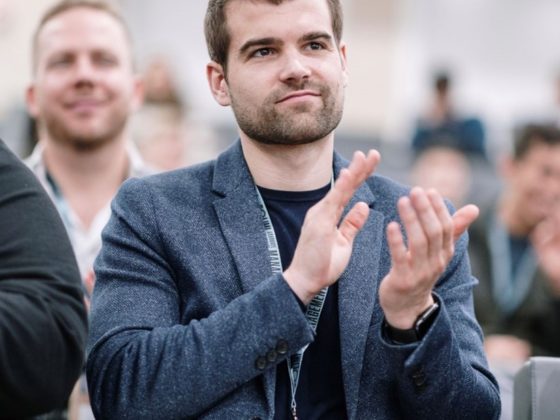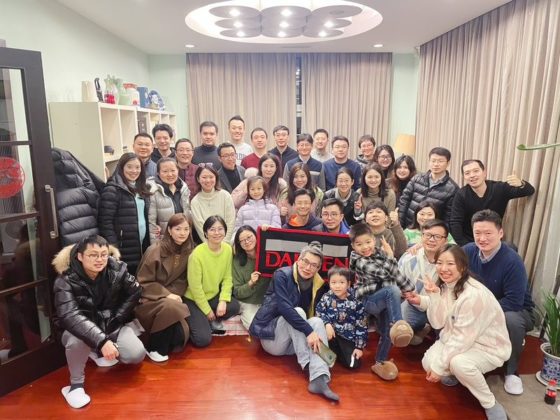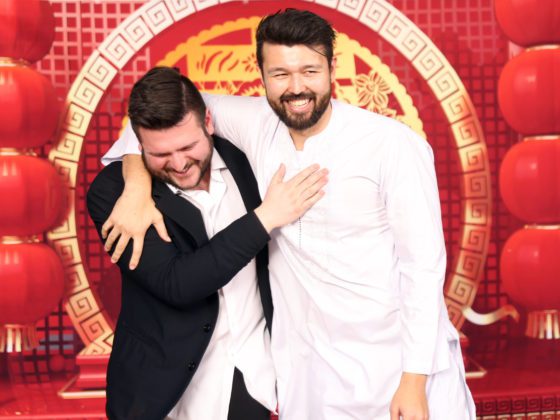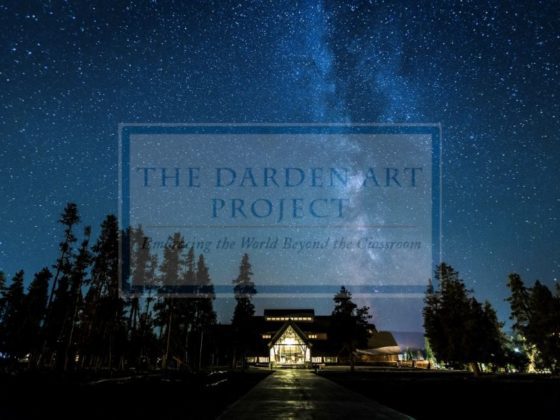 Rishabh Bansal, originally from New Delhi, India, attended Nanyang Technological University in Singapore, where he earned his Master of Science degree in 2014. Prior to attending Darden, Rishabh worked at Ventures International Group as a Junior Associate in the Investment Banking Division where he was responsible for helping startup companies raise capital.
Rishabh Bansal, originally from New Delhi, India, attended Nanyang Technological University in Singapore, where he earned his Master of Science degree in 2014. Prior to attending Darden, Rishabh worked at Ventures International Group as a Junior Associate in the Investment Banking Division where he was responsible for helping startup companies raise capital.
As his first year comes to an end, Rishabh looks forward to his second in which he will serve as President of the Darden South Asia Society. Through their events, the Darden South Asia Society connects members of the Darden community seeking to learn more about the business and cultural landscapes of the South Asian region.
How did you hear about Darden and why did you decide to attend the school?
While researching graduate schools I was planning to apply to, I spoke to current students and alums from each of those schools. The alum I spoke to from Darden was a Darden ‘00 graduate, and over 15 years after graduating from Darden, he was still willing to help me out and answer all my questions. Further, the person who interviewed me – Ashok Bajpai – was a 1990 grad and was still involved with school activities 26 years later. When I asked him why he was still working with the school he told me, “It’s the Darden community – it really matters.” It was then that I knew that if I got an offer, Darden is where I would go. Out of the five offers I had, I chose to come to Darden and have not once regretted my decision.
How did you first hear about the Darden South Asia Society (DSAS) and why were you interested in joining? Why did you decide to run for President of DSAS?
My first points of contact before coming to Darden were second-year students, especially those from India. They were a vital part of DSAS and they helped me fit into the U.S. by advising me on the logistics of moving to Charlottesville. They were the ones who got me interested in DSAS and I have been an involved member ever since.
Coming to a new country is a daunting challenge for many international students. Moreover, South Asian students constitute a substantial portion of the international students coming to Darden. I knew how much the members of DSAS had helped me settle into my new home, and on every occasion thereafter they were there like a family—even from half way across the world. This familial feeling pushed me to run for President of DSAS; I would love for incoming students to feel the same way as I did–welcomed as part of the family.
What is your vision for the Darden South Asia Society as President? Where do you hope to see it go in the future?
The Darden South Asia Society is a vital part of the Darden experience for many students, not just those of South Asian descent. Some of the festivals and events celebrated under the DSAS banner are well received by all students of the Darden community. Further, the group provides support in terms of career and logistical advice and is there for international students when they need and miss home the most. It is also one of the major points of contact for many Darden alums from South Asia. As such, it is important to keep the club active and involved with core Darden activities.
Becoming friends with students from different geographic backgrounds has helped us realize that some of the challenges we go through as international students are similar across the board. Amazingly, that has brought us closer as a group as we go through classes and recruiting. To that effect, this year we plan to have more joint events with other cultural groups so that people can come together to have fun and expand their social circle at Darden overall. The DSAS team feels that there is a lot of potential for us to share our culture with the greater Darden community, and this year, we plan to make our core events open to a broader audience so that students get a full range of exposure to our culture.
What are some of the events that the Darden South Asia Society hosts throughout the year? Does DSAS collaborate on events with other organizations? If so, what events and organizations has DSAS worked with and which groups would DSAS like to work with more in the future?
DSAS hosts a range of events from seminars, speaker series, panels, recruiting events, admissions activities, and cultural and sporting events distinctive to this region. Recently, DSAS supported Darden in hosting Mr. Narayana Murthy, founder of Infosys and recipient of the Jefferson Medal in Global Innovation, earlier this April. We plan to add more events next year, but this year some of our key cultural events included Bollywood TNDC, DSAS Leadership Speaker Series, Diwali Cold Call, Holi Celebration-The Festival of Colors, Career Webinars and Panels with Second Year students and alumni, and Farewell Party.
DSAS collaborates on events with other clubs at Darden. A good friend of mine is the president of LASA and we are planning an event very soon in conjunction with LASA. Our aim is to bring people from different cultural and ethnic groups together so that there is a greater awareness of other cultures at Darden. Working with other student culture clubs at Darden is a great way to work towards that goal.
What would say to prospective students who may be interested in joining the Darden South Asia Society?
In addition to the reasons why international and South Asian students join DSAS, most non-South Asian students join DSAS for the food, the funky Bollywood music, and the international exposure the club gives–both international exposure to domestic students as well as American exposure to international students. A prospective student could and should join DSAS for any of the above three equally valid reasons!
How has DSAS impacted the way the Darden community understands South Asian business and culture and why do you think it’s important for Darden to have an organization like DSAS?
Through DSAS, the Darden community has gotten to know many cultural elements of the region. This is important since a lot of global business happens with the region these days, as well as the advent of people of South Asian background within the American workforce. DSAS serves an important role for students from the South Asian region as they are instantly able to find answers to questions that they might have otherwise struggled with alone.
One great example is how to network during recruiting season. There is no doubt that Darden students are some of the most polished students when it comes to networking. DSAS plays a critical role in helping international students pick up this skill, get over the barriers in accents and conversation topics, and practice networking skills before they head out to meet with companies.
Cultural groups like DSAS are a way for prospective students, current students and alumni to be connected with Darden, and helps them find a place within the community at Darden; after all, community is an important reason why we chose Darden.




